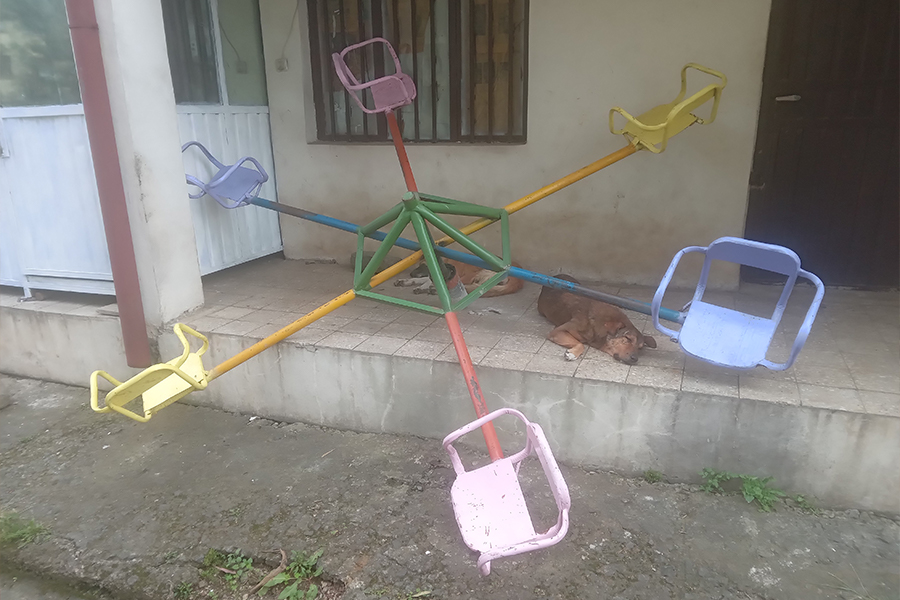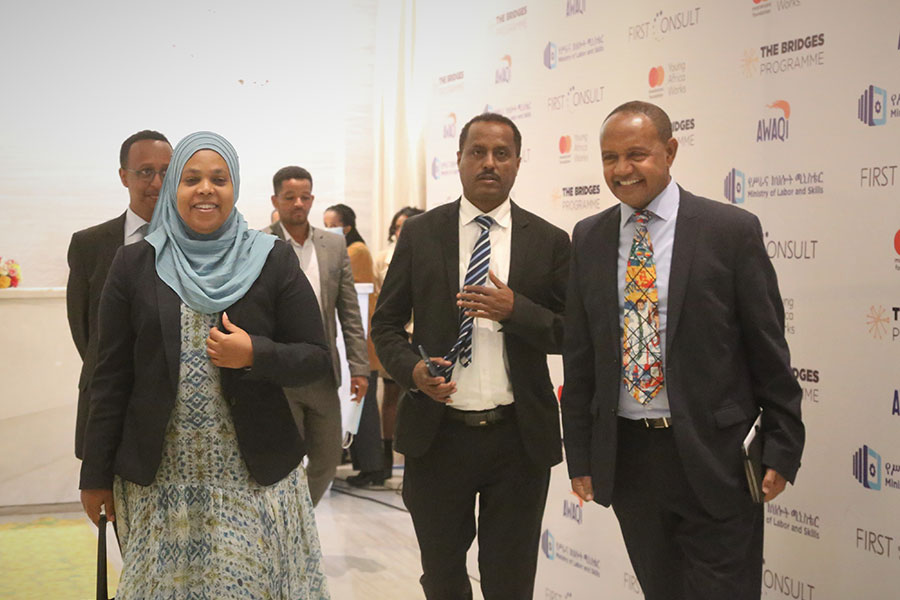
Fortune News | Sep 15,2025
Jul 20 , 2024
By Eden Sahle
My husband Mike and I welcomed our first housemaid while newlyweds. It began like a fairytale. She was a friendly soul who sparkled with cleaning prowess and culinary magic. We treated her like family, a sister with her basement apartment, internet access, and even a smartphone for entertainment. We shared meals and laughter, and supported her family financially, allowing her to travel home and practice her religion freely.
But happily ever after took a sharp turn. A few months in, our dream helper morphed into a grocery-wasting enigma, claiming inexperience about basic ingredients. Polite discussions led to stony silences and a growing lack of respect. We tolerated it, a kindness that backfired spectacularly.
Fast forward to my postpartum period. Our house expanded with two additional helpers to manage guests, freeing her to focus on new mom needs. Shockingly, she remained cloistered in her room while my family and I juggled a newborn. Diaper changes? Not a chance. Help with a crying baby? Do not even ask. Yet, a raise was demanded – for a non-existent contribution.
We caved, only to witness a further descent into chaos. Broken valuables, earsplitting music terrorising our infant, and a deactivated in-house communication system became the norm. We tiptoed around her locked door, unable to fire her due to her family's background she told us fueled by tears.
Finally, she announced a move to the Middle East for work. But this glimmer turned sinister when she requested help changing her passport age to appear younger – an illegal act we refused to be a part of. The fallout was immediate – more broken items and escalating disrespect. Then, poof! She vanished, leaving only a sigh of relief in her wake.
This experience shattered my belief that housemaids are simply victims of employer mistreatment. Some, like ours, become the source of stress. Here's the plot twist: with high demand, even unskilled housemaids find work, leading to a lack of commitment.
Our experience exposed a troubling shift in power dynamics within the sector. The high demand for domestic help, even for those with limited skills, seemed to breed a sense of entitlement. With jobs readily available, some housemaids felt less accountable, prioritising comfort over fulfilling their duties. This was not just our experience; conversations with friends revealed similar frustrations with housemaids who displayed a lack of commitment and knowledge.
The power imbalance was not entirely the housemaid's fault. Agencies and brokers, eager for their placement fees, usually downplay necessary skills and qualifications. The system itself seemed designed for transience, with little emphasis on long-term, mutually beneficial relationships between employers and employees. This churn not only created stress for families like ours but also potentially devalued the profession itself.
Perhaps a more rigorous training and placement system, along with clearer communication about expectations on both sides, could help restore balance and some sort of accountability. Good housemaids are indeed rare gems, but the system itself seems rigged against finding them.
PUBLISHED ON
Jul 20,2024 [ VOL
25 , NO
1264]

Fortune News | Sep 15,2025

In-Picture | Oct 06,2024

Addis Fortune | Aug 09,2025

Radar | Jul 17,2022

Commentaries | Jul 17,2022

Fortune News | Jul 07,2024

Radar | Oct 27,2024

In-Picture | May 12,2024

Radar | Nov 09,2024

News Analysis | Nov 03,2024

Photo Gallery | 155105 Views | May 06,2019

Photo Gallery | 145375 Views | Apr 26,2019

My Opinion | 135158 Views | Aug 14,2021

Photo Gallery | 133858 Views | Oct 06,2021

Dec 22 , 2024 . By TIZITA SHEWAFERAW
Charged with transforming colossal state-owned enterprises into modern and competitiv...

Aug 18 , 2024 . By AKSAH ITALO
Although predictable Yonas Zerihun's job in the ride-hailing service is not immune to...

Jul 28 , 2024 . By TIZITA SHEWAFERAW
Unhabitual, perhaps too many, Samuel Gebreyohannes, 38, used to occasionally enjoy a couple of beers at breakfast. However, he recently swit...

Jul 13 , 2024 . By AKSAH ITALO
Investors who rely on tractors, trucks, and field vehicles for commuting, transporting commodities, and f...

Sep 13 , 2025
At its launch in Nairobi two years ago, the Africa Climate Summit was billed as the f...

Sep 6 , 2025
The dawn of a new year is more than a simple turning of the calendar. It is a moment...

Aug 30 , 2025
For Germans, Otto von Bismarck is first remembered as the architect of a unified nati...

Aug 23 , 2025
Banks have a new obsession. After decades chasing deposits and, more recently, digita...

Sep 15 , 2025 . By AMANUEL BEKELE
The Grand Ethiopian Renaissance Dam (GERD), Africa's largest hydroelectric power proj...

Sep 13 , 2025
The initial budget in 2011 was 80 billion Br, but this figure swelled to a revised cost of 240 billion Br by 2024, a challenge that was exac...

Sep 13 , 2025 . By BEZAWIT HULUAGER
Banks are facing growing pressure to make sustainability central to their operations as regulators and in...

Sep 15 , 2025 . By YITBAREK GETACHEW
The Addis Abeba City Cabinet has enacted a landmark reform to its long-contentious setback regulations, a...